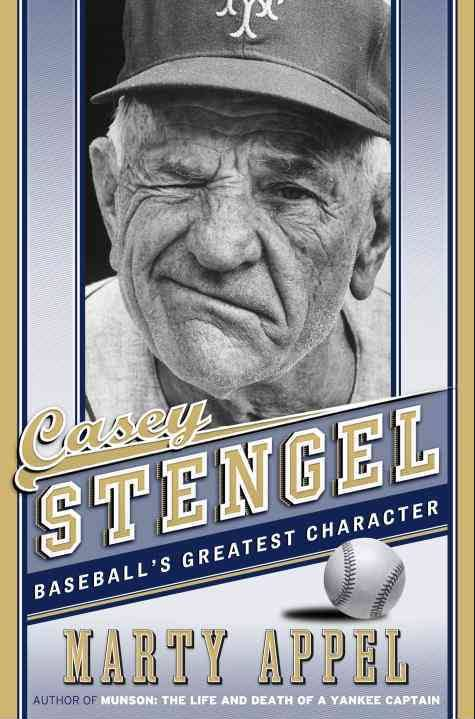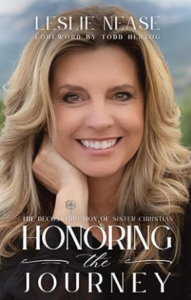I received a complementary copy of this book for review purposes. The opinions are completely my own based on my experience.
As a life long baseball fan I jumped at the chance to read and review Marty Appel’s book Casey Stengel: Baseball’s Greatest Character. Casey’s playing and managing days were before my time (I started following the game as a kid in the late 60’s). Yet I found interesting the stories of Casey’s playing career and his many years of managing, including winning 10 pennants and seven World Championships with the New York Yankees.
The book is full of colorful stories – stories which make Casey Stengel come to life for those like me who only had a passing knowledge of Stengel’s accomplishments. I learned that Casey went to dental school in three off seasons while he was an active player. When he decided to make a career of baseball he quit dental school within a few weeks of graduating. “‘My quitting with just a month to go was the greatest thing that ever happened to dentistry,’ he often said, with his famous wink,” writes Appel.
Did you know Casey Stengel hit the first home run in Ebbets Field history (an inside the park job)? Or that he had four hits in four at bats in his major league debut? “Through 2015, only twelve players have gone 4-for-4 in their debut since Casey did it, including Willie McCovey and Kirby Puckett,” Appel relates. I only knew of Stengel as a great manager, and didn’t know he was a pretty good ball player in his own right, too.
The bulk of the book covers Stengel’s years managing the Yankees and the hapless New York Mets. I learned that Stengel was in baseball for 39 years before managing the Yankees, none of which were in the American League. I found interesting the accounts of Casey’s interactions with the New York stars. He became a father figure to Mickey Mantle, for example, after Mantle’s dad died at a young age. Before a World Series game one at Ebbets Field, Appel relates, Stengel took Mantle out for a tutorial on how to play Ebbett’s concrete outfield wall. “I told him I played that wall myself for eight years,” said Stengel. Casey continued, “Know what he said when I told him that? ‘The hell ya say?’ and looked at me as if I was screwy. Guess he thinks I was born at age 50 and started managing immediately.” Humorous stories like this makes the book a fun read, too.
If you were fortunate to live through Stengel’s Yankee heydays, or if you are a younger fan like myself, I think you will enjoy Appel’s book relating stories of “baseball’s greatest character.”
Casey Stengel: Baseball’s Greatest Character will be available for sale in late March, just before the 2017 baseball season.




